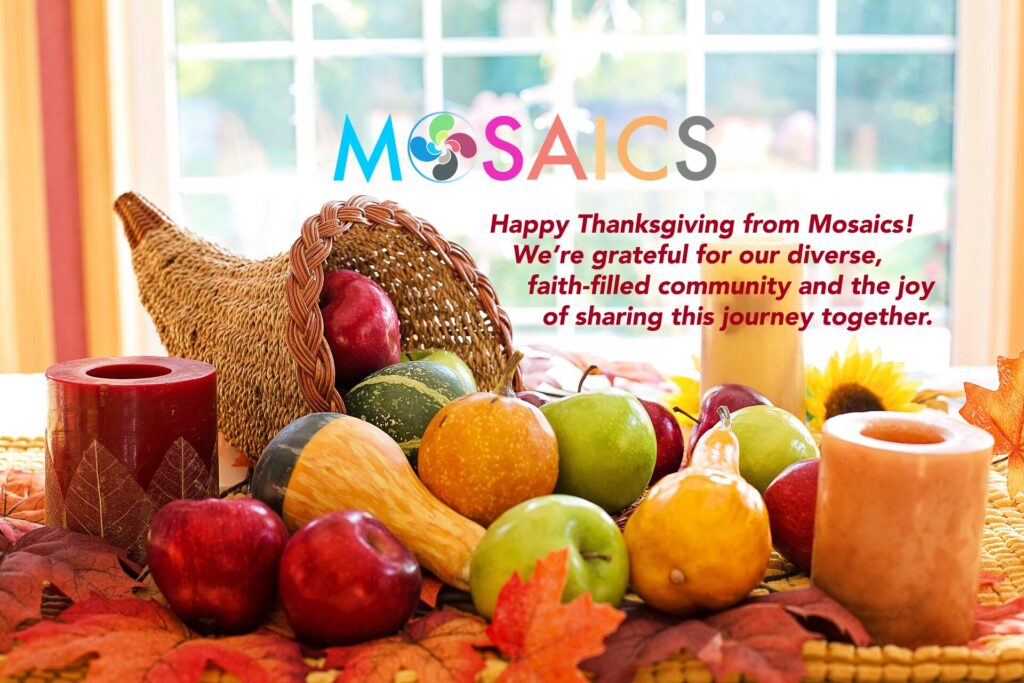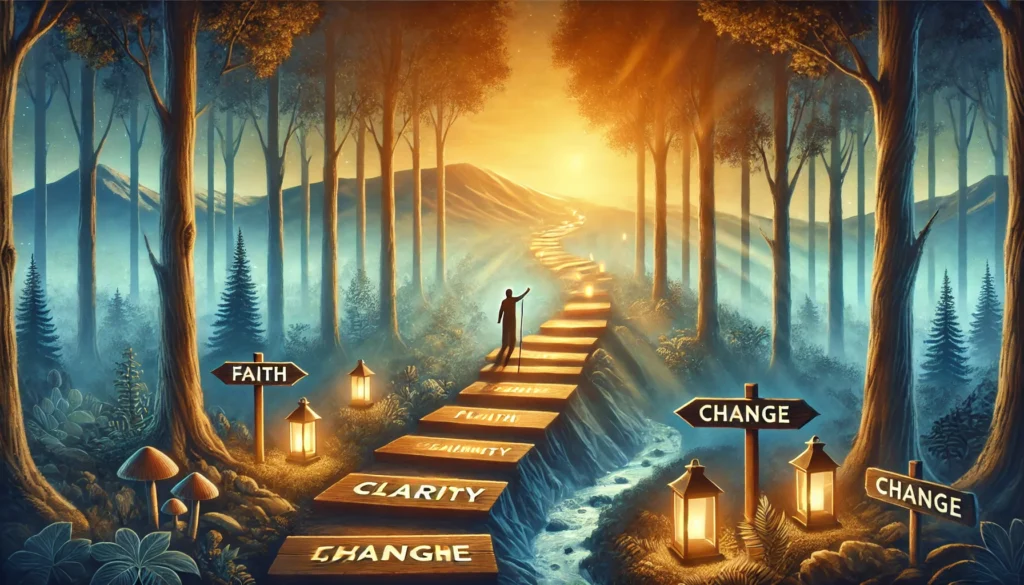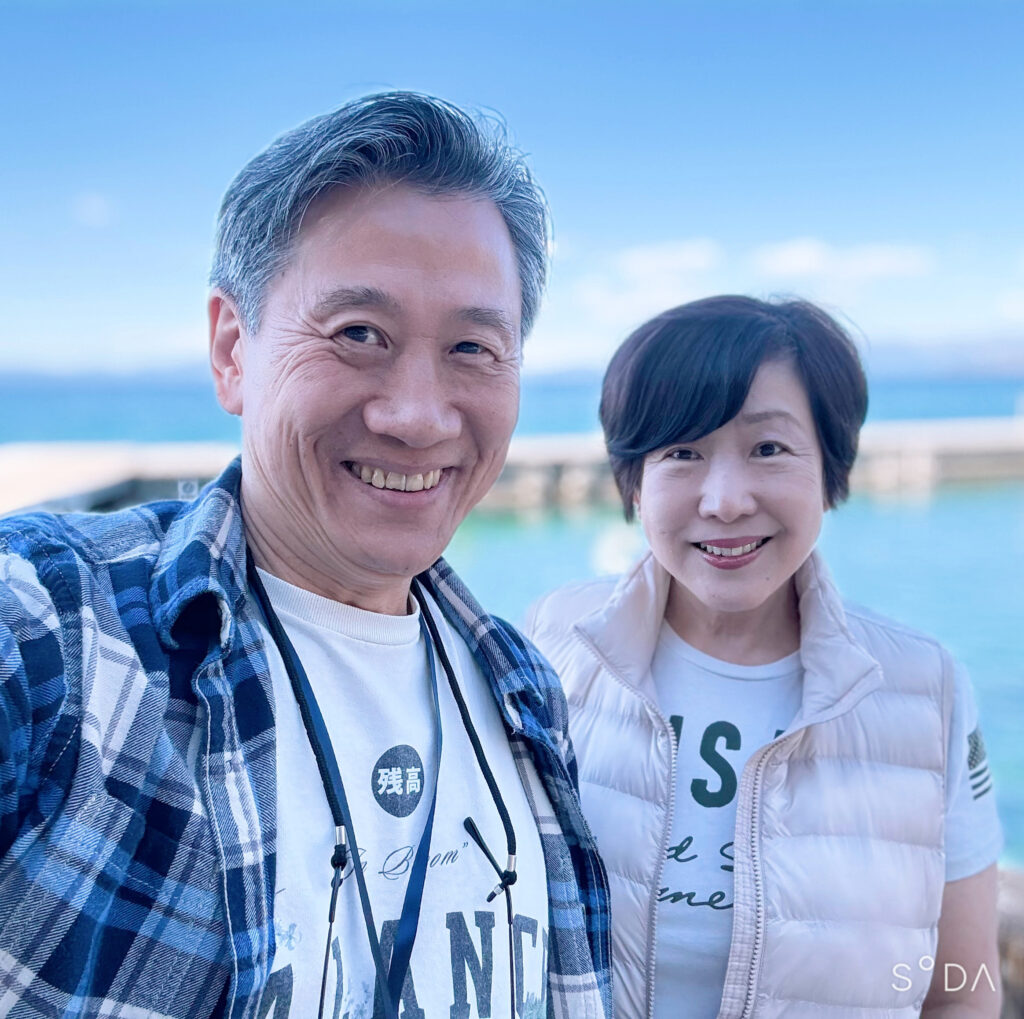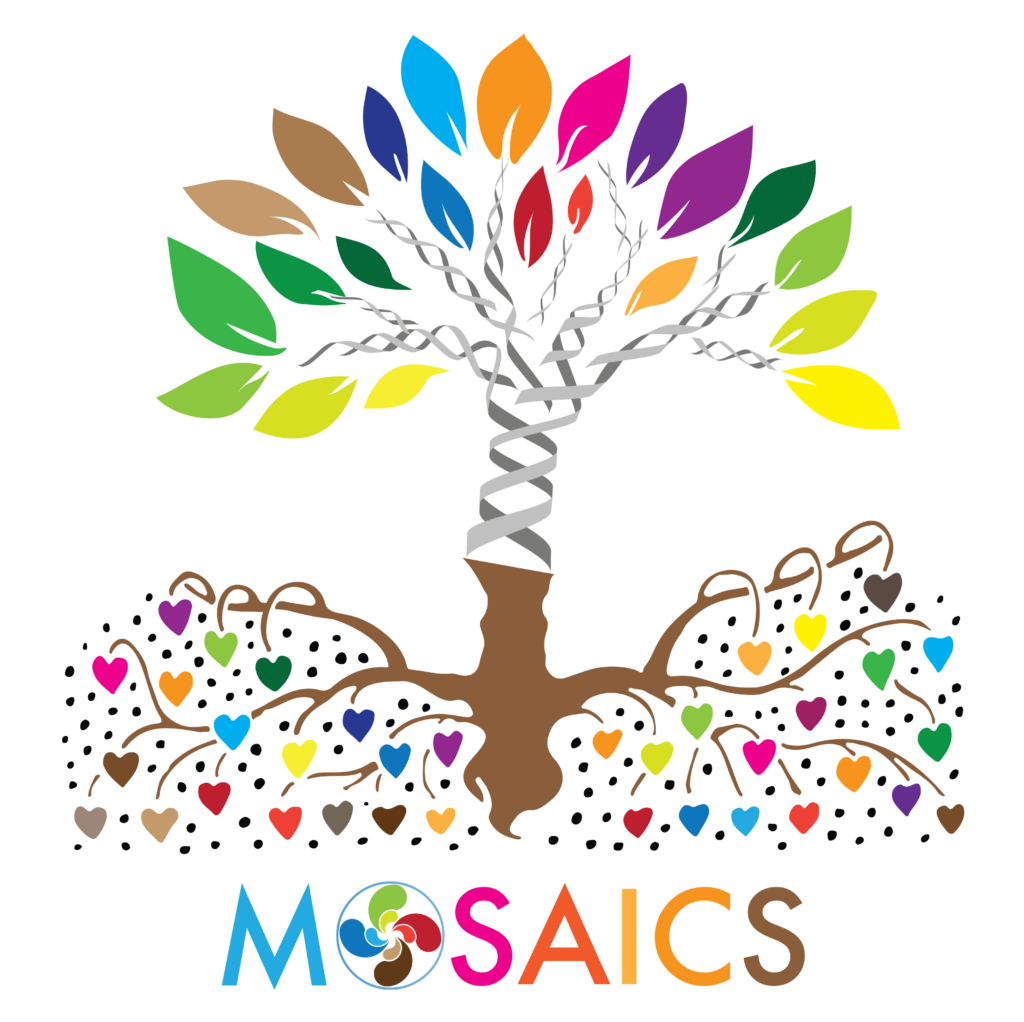Leading Through Change with Heart and Faith
Introduction:
Leadership—it’s more than a role; it’s a calling. It’s that tug deep in your spirit to make a difference, to step into unknowns, and to be a source of courage and direction for others. At its core, leadership is about change. It’s about transformation, both within ourselves and in the lives of those we’re blessed to serve.
But change isn’t always easy, is it? It shakes us up, challenges our comfort, and can bring fear as much as it brings hope. Yet, it’s through change that God shapes us, molds us, and uses us to create something new. In the Bible, we see God calling people—ordinary, imperfect people—to step into change for the sake of a bigger purpose. As we think about what it means to lead others through change, let’s draw from the stories of Moses, Paul, and Jesus. Each of them led through change, leaning into confidence rooted in faith and offering clarity that grounded others. Let’s explore what it means to lead with a heart ready for change.
1. Embracing Change: A Leader’s Own Transformation
If we want to lead others through change, we first have to be willing to go through it ourselves. True change starts with us—it’s personal before it ever becomes public. I think about Moses, who didn’t start off as a confident leader. He was hesitant, doubtful, and even resistant. But God didn’t give up on him. Instead, God met Moses in his hesitation and called him to something greater.
In Exodus 3, God speaks to Moses through a burning bush, calling him to lead his people out of Egypt. Moses didn’t feel up to the task. He doubted his ability and asked, “Who am I that I should go to Pharaoh?” But God’s response wasn’t a list of qualifications. It was a promise: “I will be with you.” It was that presence, that assurance, that helped Moses step into change, even when he was uncertain.
In leading others, it’s natural to feel inadequate or unprepared. But just like with Moses, God doesn’t expect us to have all the answers or qualifications. He only asks us to be open to the journey, trusting that He will walk with us. The first step in leading through change is allowing ourselves to be changed—letting God transform our fears into faith, our insecurities into trust.
Reflection:
Where are you holding back from change? What would it look like to let God work on your heart first, before trying to lead others? Are you willing to be transformed so you can help others find transformation?
2. Confidence in Faith: Trusting God’s Guidance Through Change
Leading through change requires faith. It’s not about having confidence in our own abilities but about grounding ourselves in the unwavering belief that God is faithful and present. When we trust in God, we find a confidence that goes beyond our own limits, allowing us to lead others with courage even when the road is uncertain.
Think about Joshua. When God called him to lead the Israelites into the Promised Land after Moses, he was facing a huge task. God’s words to him were clear: “Be strong and courageous. Do not be afraid; do not be discouraged, for the Lord your God will be with you wherever you go” (Joshua 1:9). Joshua’s confidence didn’t come from his own strength or skills. It came from his faith in God’s promise to be with him.
In Hebrews 11:1, we read that “faith is confidence in what we hope for and assurance about what we do not see.” This kind of faith isn’t about certainty in ourselves; it’s about trusting deeply in God’s presence and purpose, even when the outcome isn’t clear. Jesus embodied this faith in His ministry. When He healed, taught, and ultimately faced the cross, He relied fully on His connection with the Father, leading with a confidence grounded in His trust in God’s plan.
Reflection:
As we lead, are we grounding ourselves in faith or relying solely on our own strength? Are we willing to trust that God will equip us and be with us as we step into change?
3. Communicating with Clarity: Guiding Others with Purpose in Times of Change
When people are facing change, they look to leaders for clarity. It’s natural to feel lost or confused in times of transition, and clear, compassionate communication helps anchor us and those around us. Jesus modeled this beautifully. He didn’t complicate His message or confuse people with endless details. Instead, He spoke simply and directly, using parables and everyday language so that everyone could understand.
Jesus knew that people needed to connect with His message, not just hear it. Through His words, He painted a picture of God’s kingdom that was real and tangible. In the same way, leaders are called to simplify and clarify, especially when things are complex or uncertain. Proverbs 3:5-6 reminds us, “Trust in the Lord with all your heart and lean not on your own understanding; in all your ways submit to him, and he will make your paths straight.” Leading with clarity means staying rooted in God’s wisdom, asking Him to make our path straight, and sharing that direction with others.
Reflection:
How clear are we in our communication when leading through change? Are we speaking in ways that connect and guide, or are we adding to the confusion? Are we seeking God’s guidance to communicate with a heart that is open, honest, and grounded?
Conclusion: Embracing Change as a Sacred Call
Change is hard. It’s messy, unpredictable, and sometimes downright scary. But as leaders, we’re called to be agents of change—to step into it, to trust God through it, and to bring others along with us. Leading through change is about more than strategy or skills; it’s about letting God transform us, giving us a confidence grounded in faith, and helping us communicate with the clarity that points others back to Him.
Leadership isn’t about always knowing the way forward; it’s about trusting that, as we move forward, God goes before us. It’s about being willing to change ourselves so we can help others find strength and purpose in the midst of uncertainty. May we embrace change with courage, trust in God’s presence, and lead others with hearts open to His transforming power. In the end, it’s God’s work through us that makes the real difference—the kind of difference that echoes in the lives of others long after we’re gone.
May we all be willing to lead in ways that inspire hope, foster faith, and create lasting change. Amen.












